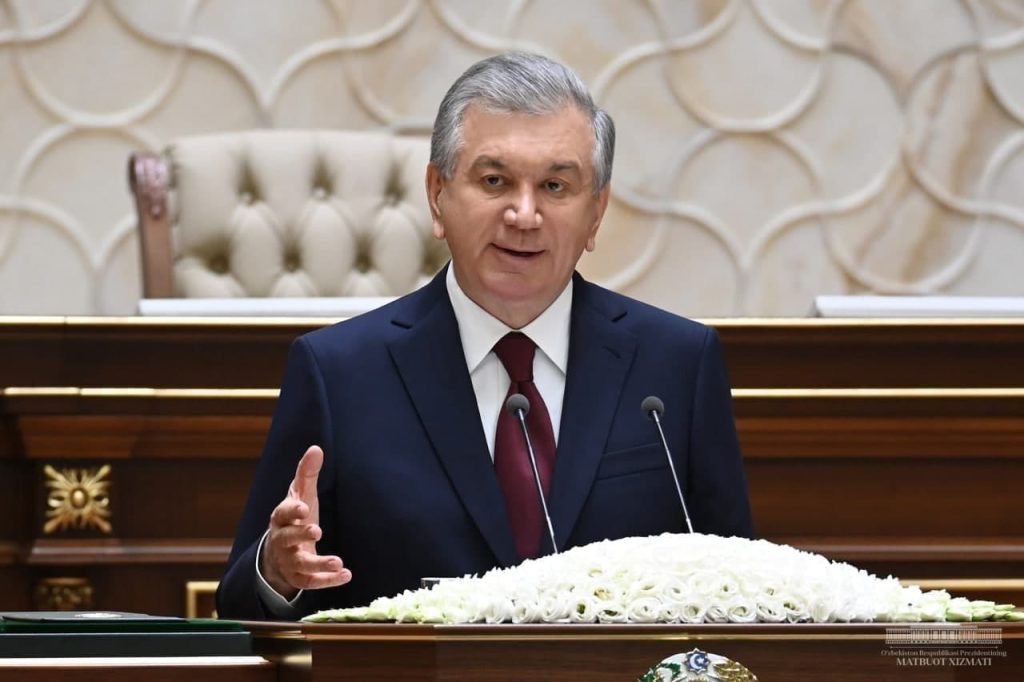Introduction
In the realm of Central Asian politics, President Shavkat Mirziyoyev of Uzbekistan has emerged as a figurehead representing a transformative era marked by both change and stability. Following the long-serving rule of Islam Karimov, who led Uzbekistan for nearly three decades, Mirziyoyev assumed office in 2016. Since then, he has ushered in a series of reforms that have reshaped the nation’s political, economic, and social landscape.
A Background of Transition
Shavkat Mirziyoyev’s ascension to power came amid uncertainty theshittymedia following the passing of President Karimov. He faced the daunting task of steering Uzbekistan through a transition period while upholding political stability. Mirziyoyev’s leadership style, characterized by pragmatism and a focus on Uzbekistan’s interests, quickly became apparent as he took on the challenge.
Economic Reforms and Diversification
One of Mirziyoyev’s central priorities has been to diversify Uzbekistan’s economy away from its historical dependence on cotton and natural gas. Under his leadership, the country has initiated market-oriented reforms to encourage entrepreneurship and foreign investment. These reforms have led to improvements in the business climate, making it easier for companies to operate in the country.
Mirziyoyev’s government has also undertaken ambitious infrastructure projects, such as the development of transport corridors, modernizing industrial sectors, and orissatimes promoting technological advancements. These initiatives aim to enhance Uzbekistan’s regional and global economic integration while reducing its reliance on a few key sectors.
Diplomatic Outreach and Regional Integration
Uzbekistan, under President Mirziyoyev, has pursued a more open and cooperative foreign policy. The country has sought to improve relations with its Central Asian neighbors, leading to greater regional stability and economic cooperation. Mirziyoyev’s administration has actively participated in multilateral organizations and forums, promoting Uzbekistan as a reliable partner in Central Asia.
Social and Political Reforms
Mirziyoyev’s presidency has also seen notable changes in Uzbekistan’s political landscape. His government has taken steps to reduce the authoritarian grip on power and promote a more inclusive political environment. There have been efforts to foster political pluralism and increase civil society engagement, allowing for a broader spectrum of voices in the country’s political discourse.
Furthermore, Mirziyoyev’s administration has focused on bestwisher improving social services, including healthcare, education, and public infrastructure. These initiatives have aimed to enhance the quality of life for Uzbek citizens, promoting social stability and development.
Conclusion
Shavkat Mirziyoyev’s presidency in Uzbekistan has marked a period of significant change and stability. His pragmatic and reform-minded theassistant approach has led to economic diversification, improved foreign relations, and political openness. While challenges remain, President Mirziyoyev has demonstrated a commitment to steering Uzbekistan toward a more prosperous and progressive future. As he continues to navigate the intricate balance of reform and stability, his leadership remains pivotal in shaping the destiny of this pivotal Central Asian nation.

